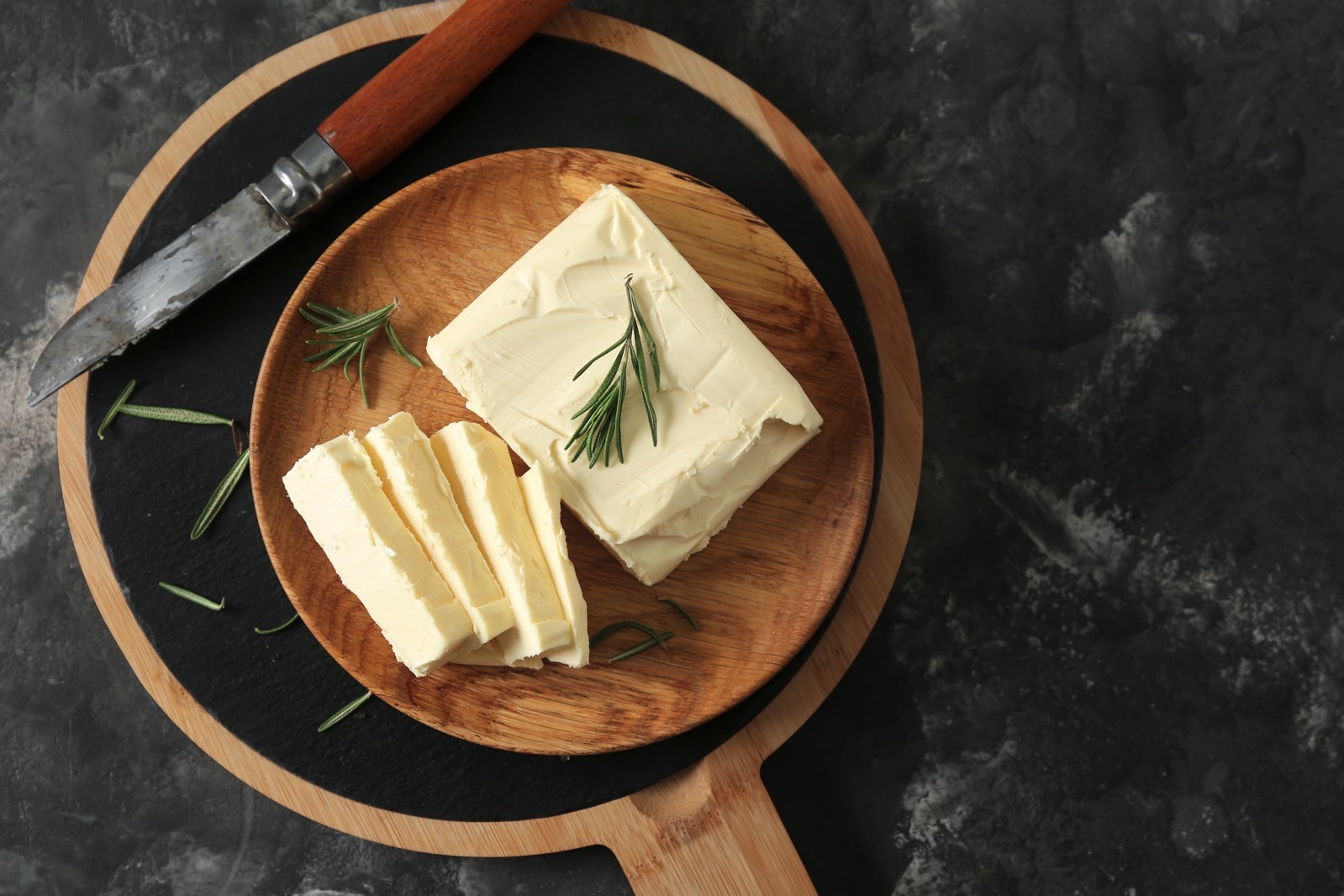
Sign up for our daily newsletter
BGR’s team sends an AM subscriber-only newsletter with the top tech & entertainment stories at 9AM ET. Sign up to read it.
By signing up, I agree to the Terms of Use and have reviewed the Privacy Notice.
If you buy through a BGR link, we may earn an affiliate commission, helping support our expert product labs.
Imagine a future where butter, chocolate, and ice cream are created without relying on farms or livestock. That future is closer than ever as farmless food prepares to make its debut in the United States in 2025.
Start-ups like Savor and Solar Foods are pioneering new methods to produce food directly from raw materials like carbon and hydrogen. By bypassing traditional agriculture, these companies aim to address environmental challenges while delivering innovative food products.
Savor is working to transform carbon emissions into synthetic vegan fat. This fat is then processed into butter, which is suitable for cooking, baking, and making chocolate. By eliminating the need for palm oil and livestock, Savor’s method could significantly reduce land use and deforestation. It’s a solid first step for farmless foods.
Currently, Savor is seeking FDA approval and plans to launch its product in select US restaurants next year. Meanwhile, Finnish start-up Solar Foods is introducing Solein, a protein powder made from bacteria. The company uses electricity to split water into oxygen and hydrogen, which is then fed to bacteria to produce Solein.
Sign up for the most interesting tech & entertainment news out there.
By signing up, I agree to the Terms of Use and have reviewed the Privacy Notice.
The yellow powder can substitute for eggs and dairy, making it a versatile ingredient for both sweet and savory dishes. Solein is already available in Singapore and will arrive in the US after FDA clearance, initially focusing on restaurants and food services.
The environmental benefits of farmless foods are promising, of course. These methods could free up land used for livestock farming, allowing it to be conserved or rewilded. Additionally, producing food in stainless steel vats is resilient to climate-related disruptions, offering a stable alternative as the planet warms due to climate change.
However, challenges remain. Scaling production to meet global demands is a significant hurdle. Consumer acceptance is another potential barrier, as new and unfamiliar products often face extreme skepticism. To overcome this, companies must prioritize taste and texture to ensure their products appeal to consumers beyond their sustainability credentials.
The rise of farmless food represents a radical shift in food production. While hurdles remain, this innovation promises a more sustainable and climate-resilient food system.
Josh Hawkins has been writing for over a decade, covering science, gaming, and tech culture. He also is a top-rated product reviewer with experience in extensively researched product comparisons, headphones, and gaming devices.
Whenever he isn’t busy writing about tech or gadgets, he can usually be found enjoying a new world in a video game, or tinkering with something on his computer.
Sign up for the most interesting tech & entertainment news out there.
By signing up, I agree to the Terms of Use and have reviewed the Privacy Notice.
BGR’s audience craves our industry-leading insights on the latest in tech and entertainment, as well as our authoritative and expansive reviews.
We guide our loyal readers to some of the best products, latest trends, and most engaging stories with non-stop coverage, available across all major news platforms.
Founded in 2006
Over 2 billion visitors
100K+ articles published
Millions of readers helped
Honest news coverage, reviews, and opinions since 2006.
– Jonathan S. Geller, Founder
BGR is a part of Penske Media Corporation.
© 2024 BGR Media, LLC. All Rights Reserved.
